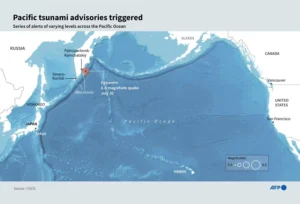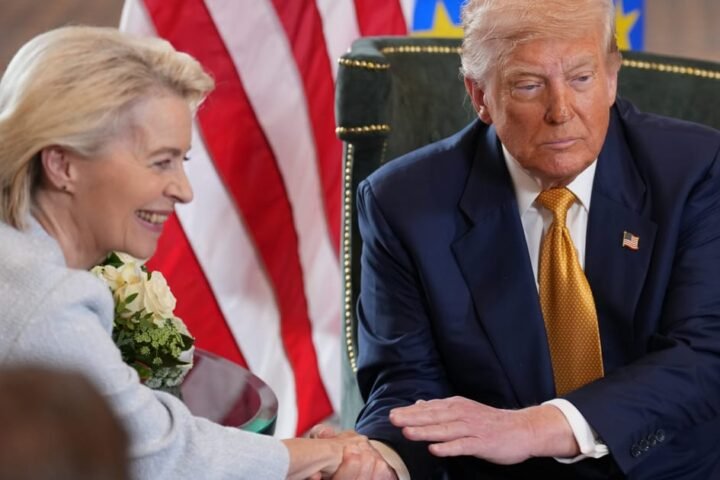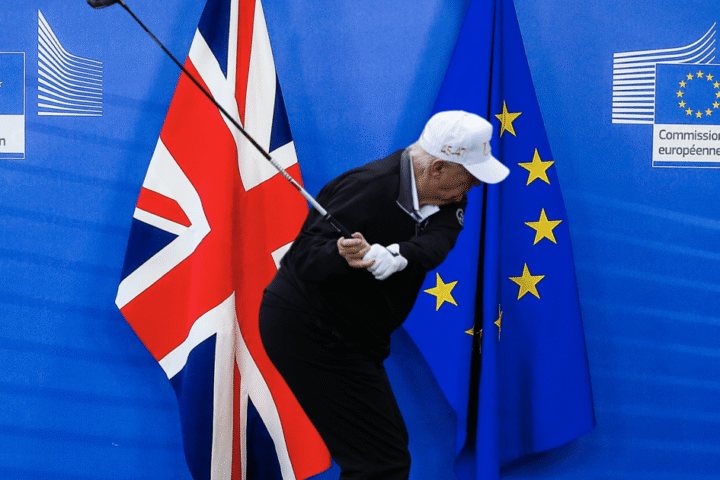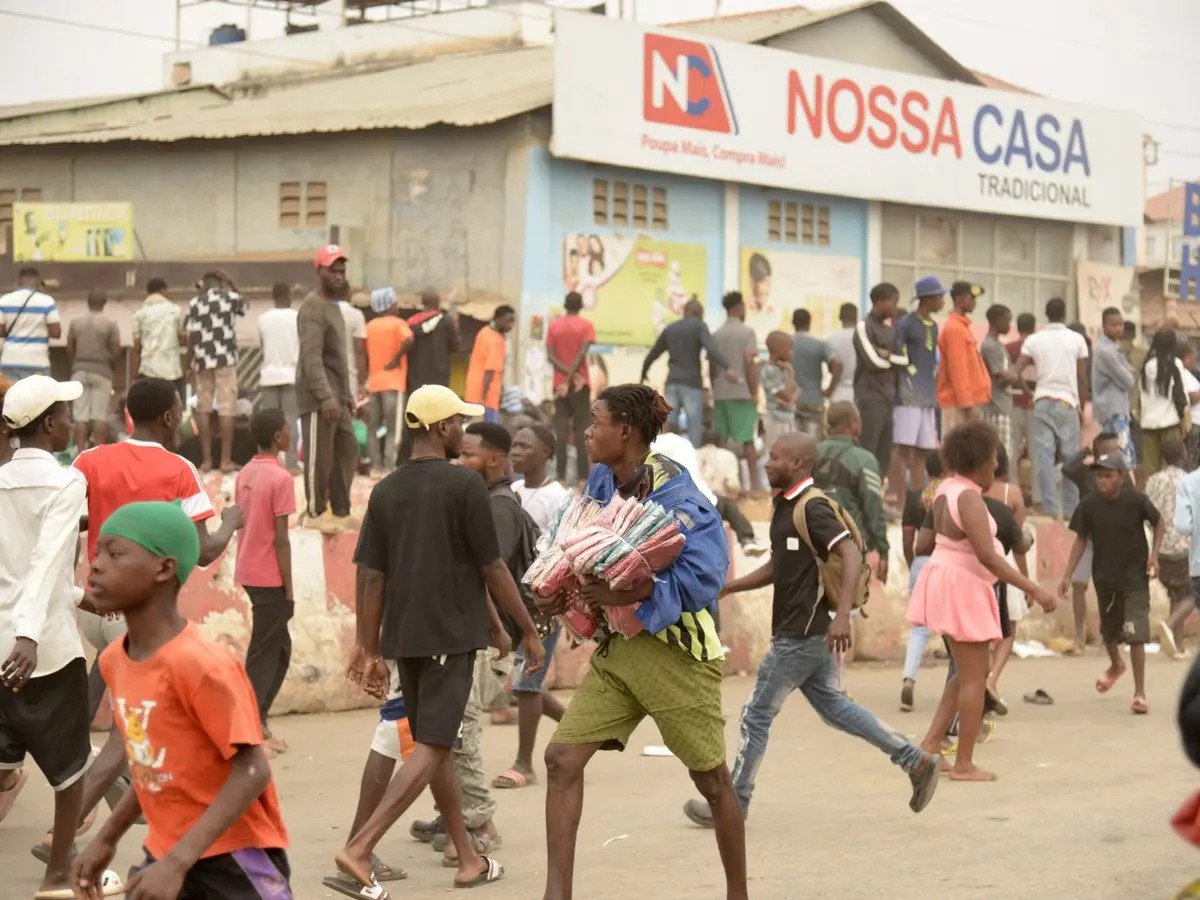Belgian universities have called on the European Union to suspend its association agreement with Israel. On Wednesday, the Flemish Interuniversity Council (VLIR) and the Rectors’ Council of French-speaking universities in Belgium (CREF) sent a joint letter to Foreign minister Maxime Prévot with the request.
On 20 May, the European Council will review whether Israel still respects Article 2 of the EU-Israel Association Agreement. This article states that “relations between the parties, as well as all the provisions of the agreement itself, shall be based on respect for human rights”.
In their letter, the Belgian universities argue that Israel is violating the agreement in light of its “relentless and internationally recognised human rights violations in Gaza and the West Bank”. The universities therefore call for an immediate suspension of the agreement with the country.
“Continuing the treaty is perceived as legitimising a government that commits widespread human rights violations”
“Continuing the treaty is perceived as legitimising a government that commits widespread human rights violations and even prevents humanitarian aid from reaching the Palestinian population. This is in no way reconcilable with basic European values,” they write to Prévot.
Furthermore, the universities ask Prévot to urge the European Commission to develop “a transparent and effective human rights test that allows new partnerships and renewals of existing partnerships to be proactively screened for potential human rights violations and their consequences”.
Student protests continue
Pro-Palestinian students have been protesting across Belgium since the start of Israel’s invasion of the Gaza Strip in late 2023. The most recent protest occurred on Tuesday, when a group of around 50 demonstrators blocked the Rectorate at Ghent University, demanding that universities immediately sever all academic and institutional ties with Israel.
In January, VLIR announced that it would no longer enter into new collaborations with Israeli partners implicated in serious human rights violations. Existing collaborations would be screened and assessed in accordance with VLIR’s human rights policy.










